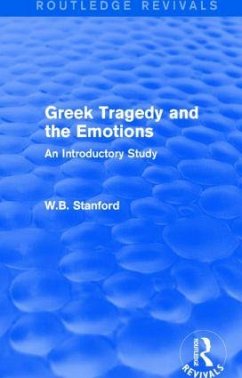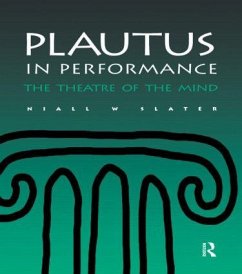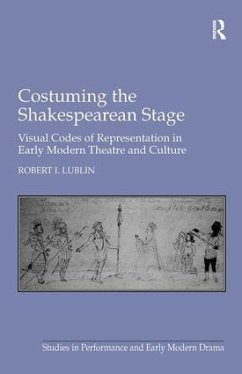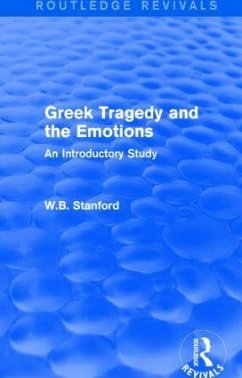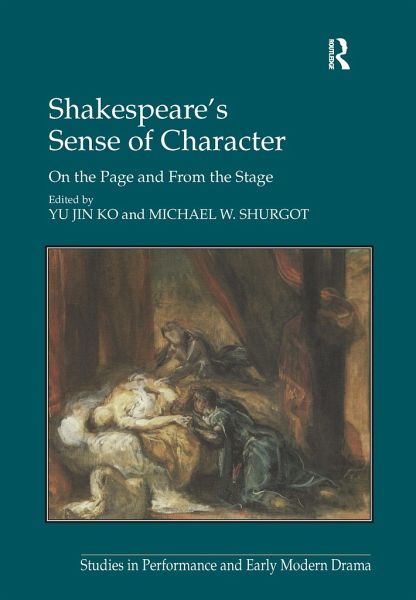
Shakespeare's Sense of Character
On the Page and From the Stage
Herausgeber: Ko, Yu Jin
Versandkostenfrei!
Versandfertig in 1-2 Wochen
179,99 €
inkl. MwSt.
Weitere Ausgaben:

PAYBACK Punkte
90 °P sammeln!
Making a unique intervention in an incipient but powerful resurgence of academic interest in character-based approaches to Shakespeare, this book brings scholars and theatre practitioners together to rethink why and how character continues to matter. Contributors seek in particular to expand our notions of what Shakespearean character is, and to extend the range of critical vocabularies that character criticism can work in.









